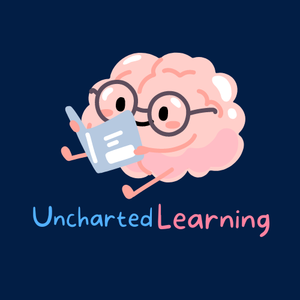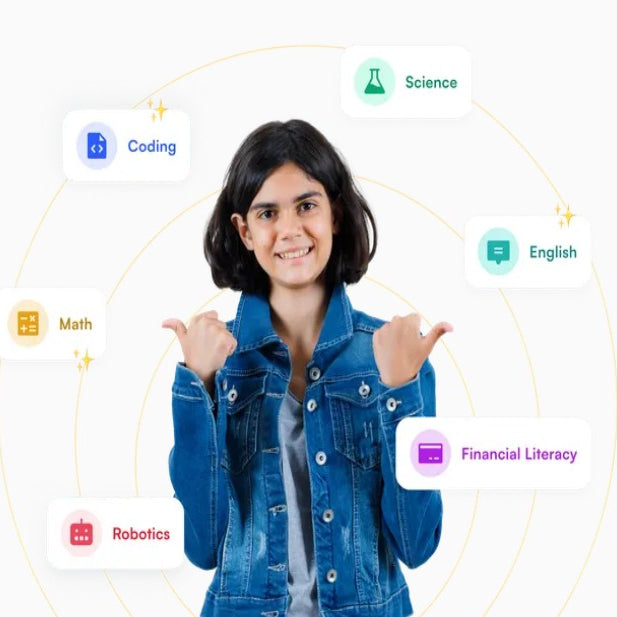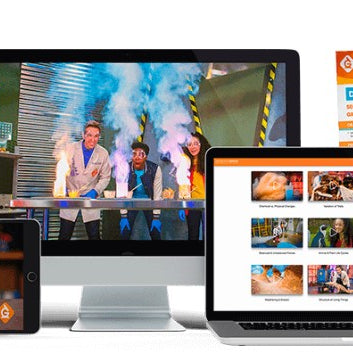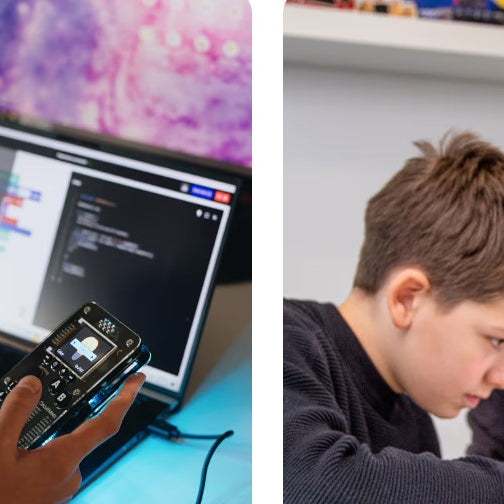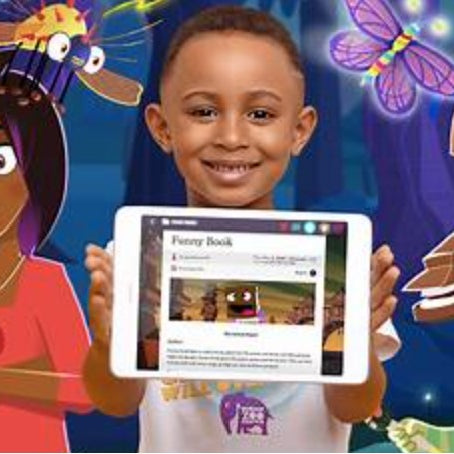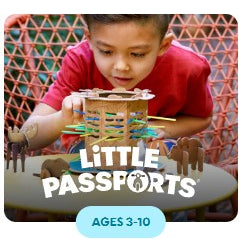Homeschooling is often seen as the road less traveled, and for good reason. It can be an enriching experience, filled with opportunities for personalized education and unique learning adventures. However, it also comes with its fair share of challenges and disadvantages that are worth considering before embarking on this educational journey. As a parent who has traveled this path and seen my children grow into adulthood, I still encounter criticism and self-doubt about the choices I made.
These links may have more info—and if you click, I might earn a small commission. Thanks for supporting fun learning!

One of the most common concerns for homeschooling parents is the constant question: "Am I doing the right thing?" This question doesn’t just arise in a homeschooling context but is a universal worry for many parents, whether their children are in traditional schools or not. However, in homeschooling, the responsibility for your child’s education rests squarely on your shoulders, which can make self-doubt even more pronounced.

A significant disadvantage I faced was my own limitations in certain subjects. For example, teaching advanced mathematics like calculus was intimidating, especially on days when I struggled with simple arithmetic. This concern is shared by many homeschooling parents who worry about their ability to effectively teach all subjects. However, the realization that I didn’t have to be the sole source of knowledge was liberating. In today’s digital age, our children have access to a wealth of information at their fingertips. With smartphones acting as powerful mini-computers, students can quickly look up information, learn new concepts, and explore subjects in depth with just a few clicks.

Take my oldest daughter, for example. She developed a passion for languages, particularly Italian. Instead of relying solely on me for instruction, she took the initiative to find resources that suited her learning style. She used language-learning apps like Babbel and Duolingo, watched Italian children’s shows for easy comprehension, and even set her phone to Italian to immerse herself fully. Her dedication paid off; by the age of 12, she had learned several languages and eventually traveled to Europe alone at 19. Although she returned home after three months, her journey was a testament to self-directed learning and the possibilities it holds.

However, it’s important to acknowledge another downside of homeschooling: social isolation. While my daughter’s linguistic pursuits were impressive, she also experienced loneliness. This is a common issue among homeschoolers, as they miss out on the built-in social environment that traditional schools provide. Extracurricular activities, sports teams, and social events offer opportunities for interaction, friendship, and the development of social skills. In homeschooling, these opportunities must be actively sought out, which can be challenging for shy or introverted children.

Homeschooling also requires a significant time commitment from parents. Planning lessons, organizing activities, and ensuring educational standards are met can be overwhelming. It demands dedication and energy, which can be exhausting, especially when juggling other responsibilities. The pressure to create a well-rounded educational experience for your child can lead to burnout for both the parent and the student.
Moreover, there is the issue of resources. While digital resources and online courses have made homeschooling more accessible, not every family has equal access to these tools. Financial constraints can limit the ability to provide a diverse array of learning materials, extracurricular activities, or specialized instruction. This disparity can impact the quality of education a homeschooled child receives compared to their peers in traditional schools.
Despite these challenges, homeschooling can be a rewarding experience if approached with the right mindset. It allows for customized learning experiences, fostering independence and self-motivation in students. As a parent, your role shifts from being a traditional teacher to a facilitator, guiding your children in exploring their interests and passions. Encouraging them to seek out knowledge and pursue their goals can lead to incredible outcomes, as seen in my daughter’s journey.
In conclusion, homeschooling is not a one-size-fits-all solution. It requires careful consideration of both its advantages and disadvantages. While it offers flexibility and the opportunity for personalized education, it also demands a significant commitment from parents and students alike. Social isolation, resource limitations, and the pressure of being the primary educator are real challenges that must be addressed.
If you’re considering homeschooling, weigh these factors carefully. Reflect on your family’s needs, your ability to provide a comprehensive education, and your child’s learning style. Ultimately, the decision should be based on what is best for your child’s growth and development. Homeschooling can be an incredible journey, but it’s essential to recognize that it may not be the right path for everyone—and that’s perfectly okay.
